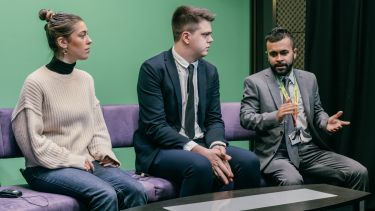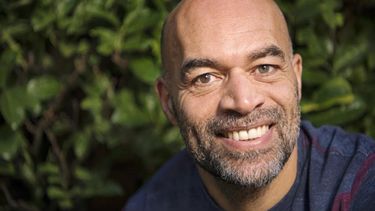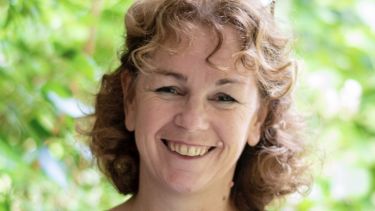ECREA 91䧣´ schedule day one - Thursday 11 April 2024
The schedule for the opening day of the 2024 European Communication Research and Education Association at the University of 91䧣´.
Day one - Thursday 11 April 2024
Registration and coffee
From 8:30am in The Wave.
Morning panels session one
| Time and venue |
Panel 1 Lecture Theatre 4 |
Panel 2 Seminar Room 1 |
Panel 3 Seminar Room 4 |
Panel 4 Seminar Room 11 |
|---|---|---|---|---|
| 9.30am | Welcome from Professor Jackie Harrison, Head of School of Journalism, Media and Communication, University of 91䧣´ and the ECREA Journalism Studies Section | - | - | - |
| 10.00am | Morten Skovsgaard: The real-world effects of constructive journalism: a field experiment of climate change news coverage | |||
| 10.15am |
Claudia Mellado and Sarah Van Leuven: News sources in global perspective |
|||
| 10.30am |
Liri Blum and Zvi Reich: What should journalists know? A curriculum for beat journalists |
|||
| 10.45am | Lynge Asbjû¡rn Mû¡ller, Morten Skovsgaard, Arjen van Dalen: Artificial ally or adversary? How journalists in different professional groups understand the role of artificial intelligence in news work | |||
| 11.00am |
Coffee
Served from 11.15am in the Wave.
Morning panels session two
| Time and venue |
Panel 5 Lecture Theatre 4 |
Panel 6 Seminar Room 1 |
Panel 7 Seminar Room 4 |
Panel 8 Seminar Room 11 |
|---|---|---|---|---|
| 11.45am | ||||
| 12.00pm |
Jonathan Hendrickx and Folker Hanusch: The Concept of Diversity in Journalism Studies |
Continues as above |
||
| 12.15pm | Continues as above | |||
| 12.30pm | Continues as above |
Lunch
Served from 12.45pm in the Wave.
Keynote: Joseph Harker
25 years after , why does the media still find racial diversity such a struggle?
Thursday 11 April, 2.00 - 3.00pm
Coffee
Served from 3pm in the Wave.
Afternoon panels
Keynote: Dr Emma Heywood
The Gendered and Gendering Role of Journalism in Conflict Zones: Interrogating the Dynamics of Inclusion or Division
Thursday 11 April, 5:00pm
Evening meal and drinks
7pm Kelham Island, 91䧣´.

Our outstanding reputation for journalism
We're ranked as one of the top 5 universities to study journalism in the Guardian and the Complete University Guide - we're also 1st in the Russell Group for learning resources, student voice and learning opportunities according to the National Student Survey.


